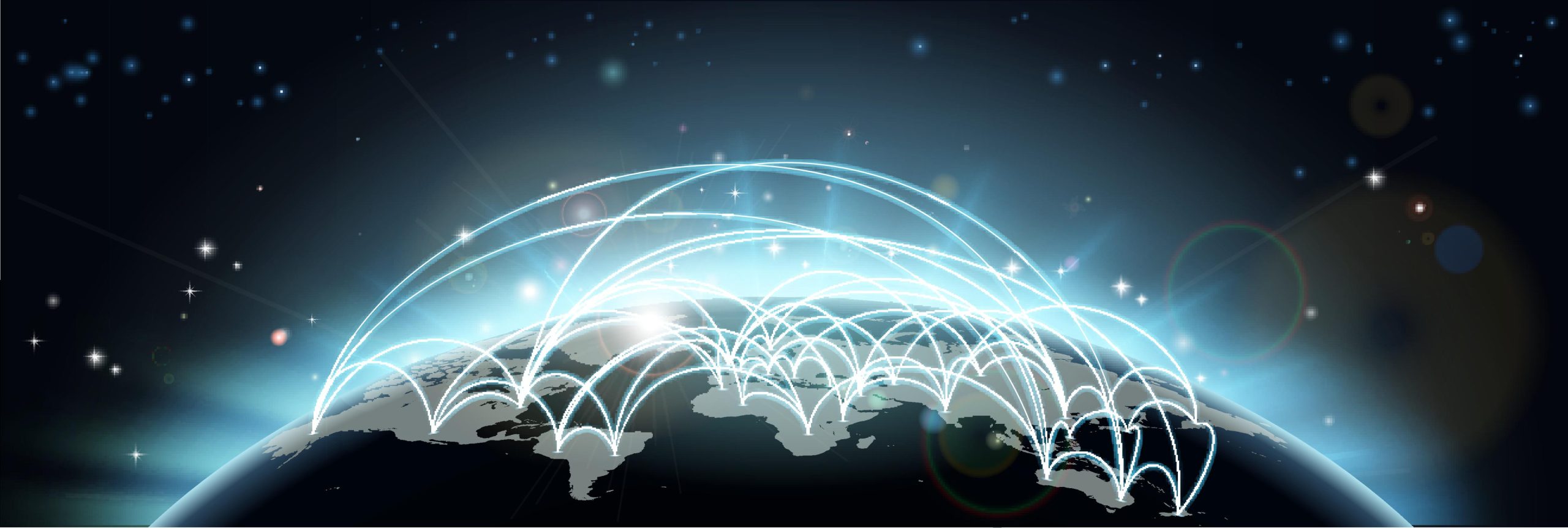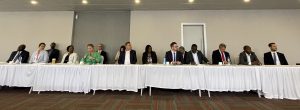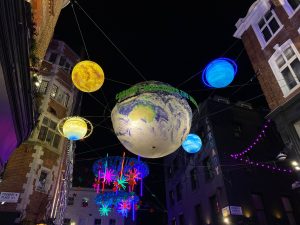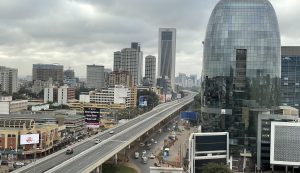HANS STOISSER
Russia’s attack and Africa

“RUSSIA’S INVASION of Ukraine could yet become the biggest military action in Europe since 1945. It also marks a new era of high-risk economic warfare that could further splinter the world economy“, writes The Economist on March 2.
Most of us are shocked. And at first glance, it makes little sense to think about our relations with African countries now.
But the opposite is true: there are at least one political and three economic reasons why we should now strengthen relations with our African countries.
- to stand up against the threat of a divided global society
- Europe needs future growth markets
- we can learn from African innovations
- now all the more we need to think about our energy transition together with Africa.
1. Against the threat of a divided global society
On 2 March, in an emergency session of the UN General Assembly, 141 countries condemned Russia’s invasion, with 35 abstentions and only 5 votes against (Russia, Belarus, North Korea, Eritrea and Syria). It is a collective moment for the world society, with the overwhelming majority of states reacting unequivocally when the people of a sovereign state are violently deprived of their rights to self-determination.
It is somewhat reminiscent of 1990/91 when there was also such a moment after the collapse of the Soviet Union. At that time, a surge of freedom was also spreading in African countries. One-party systems were overthrown, the unfortunate attempts at centrally planned economic policies disappeared and people in the cities stepped out of anonymity into public spaces.
Admittedly, this happened before the rise of China and before the African economic boom of the 2000s and 2010s. And before the West increasingly renounced the real economy and focused on the financial economy. Which led to the near-collapse in 2008, the consequences of which we are still suffering from today. And before Western complacency, vested interests and lack of impetus resulted in the bureaucratisation of our official relations with African countries.
Today, the Baltic states and Poland are vindicated because they had always warned us about Russia’s aggressive dictatorship. In the words of Lithuanian Prime Minister Ingrida Simonyte, the West had fallen into a sleep in recent decades from which it has now been awakened quite suddenly.
We should use the opportunity of the new common ground in our relations with African countries. But this time with honesty, an end to our double standards, even if we are driven by our interests. It is about the great common good of our global society, about open systems and increasing interconnectedness, in physical as well as digital space. Only in this way can there be sufficient material well-being, prosperous coexistence and peace among the future 10 billion people of this planet.
It is probably a decisive moment to counteract a division of the world into spheres of influence of the great powers. Good and forward-looking African-European relations are a small but essential part of this. At the state and political level, as well as at the economic and cultural level.
2. Europe needs future growth markets
Where is your company currently more likely to find its future markets, in Eastern Europe and Russia or in Africa? An inadmissible question at this emotional moment. But for me and many who work with African countries, it has long been clear that Africa has the greatest economic potential of all continents.
Today, Africa has 1.4 billion inhabitants; by 2050, it is expected to have 2.5 billion. An ever larger part of the new global middle class will live in Africa in the future and the demand for goods and services will increase enormously. This includes the demand for industrial goods produced by German, Swiss and Austrian companies.
Of course, here too, as in the political sphere, it is a question of modern entrepreneurship in line with the 21st century. Only if companies in Africa really focus on the benefits for their customers and stakeholders, if they succeed in working in partnership with local partners, will they be successful in the long run. And in doing so, they will make a small contribution to world history at this historic moment.
3. Learning from African innovations
The mobile phone gave hundreds of millions of people in Africa access to communication; a few years later, the FinTech revolution made the money economy accessible to them. This was in the 2000s and had created a whole new set of living conditions at the time. Today, a tech and start-up movement has taken root in almost all African countries, seeking and finding novel tech-based solutions to specific African problems.
Essential innovations for the global digital society are being born on the “mobile-only” continent of Africa, where pre-industrial societies have landed directly in the digital age and innovations are emerging closer to people’s needs. – We should be present and learn from it.
4. Thinking energy transition together with Africa
After Europe’s awakening and security policy shift, the energy transition must be reassessed. Of course, this is still in its nascent stages. But at least in the long term, it will not work without increased cooperation with Africa. For only there we will find enough green hydrogen, for example. Africa instead of Russia, that can become a motto of energy policy.
And if we really want to solve climate-relevant problems and give European companies the chance to become technology leaders, the production of renewable energies together with the much larger Africa is a huge opportunity.
***
The brutal excesses of Russian power politics show impressively that we have taken many things too much for granted, from a rational security policy to more or less open borders to the rule of law or open access to education.
Today, Europe has a “mission” again. The foundations of an open, interconnected global society based on security and freedom must be defended and strengthened. In African countries, together with our partners.
A European company engaged in an African country also makes significant contributions to this.
Here is my book on digital transformation in Africa and information on upcoming events:



